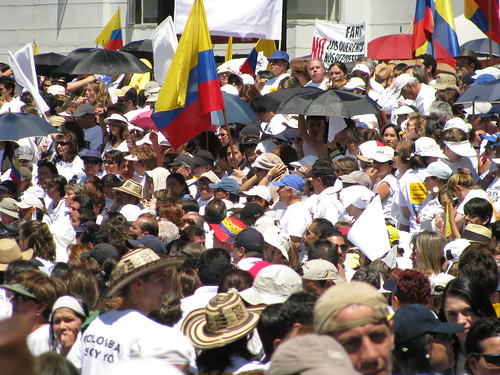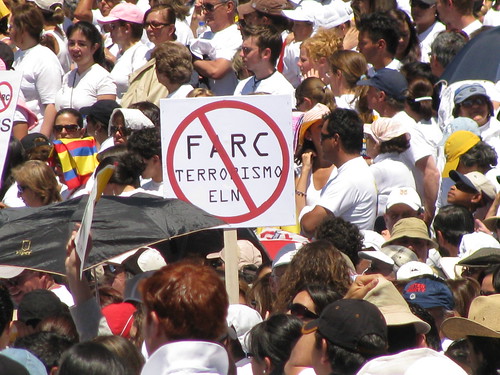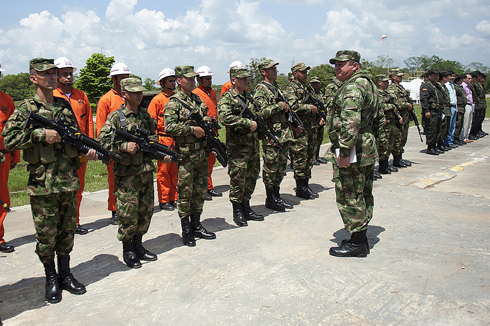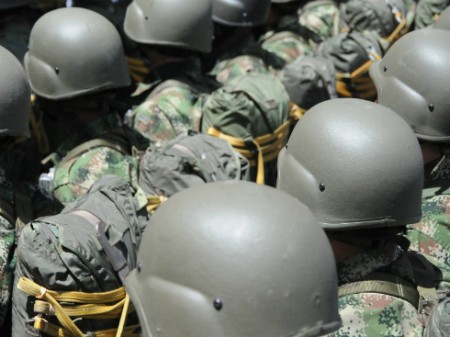
In June 2013, the North Atlantic Treaty Organization (NATO) and Colombia signed a security cooperation agreement aimed at exchanging intelligence information in order to improve the capabilities on both sides of the Atlantic to face common threats, particularly transnational crime. This accord was sent to the Colombian Congress in September and, at the time of writing, is still awaiting ratification. It should be noted that this accord has weathered criticism, in particular from several Latin American leaders who regard it as a potential NATO “beachhead” into Latin America. The objective of this article is to place this agreement into the proper context of Latin American geopolitical and geosecurity affairs.
The Agreement
The Security of Information Agreement between Colombia and NATO was signed on June 25, 2013 between NATO Deputy Secretary General Ambassador Alexander Vershbow and Colombia’s Defense Minister Juan Carlos Pinzón Bueno. The goal is to strengthen security relations between the Alliance and the South American nation.
According to media reports, Bogotá will provide the Alliance with its experience in combating drug trafficking and international terrorism, while “Colombia will allegedly receive intelligence information from NATO, as well as gain access to best practices in relation to transparency, humanitarian operations, and strengthening the army.” In September 2013, the Colombian Ministries of Defense and Foreign Affairs sent a bill to the Colombian congress to ratify the Bogotá-NATO accord. The document highlights how “an objective of Colombia is to strengthen cooperation with multilateral organizations and nations […] to guide the future vision of the Colombian armed forces.” Hence, closer relations with NATO are strongly encouraged.




